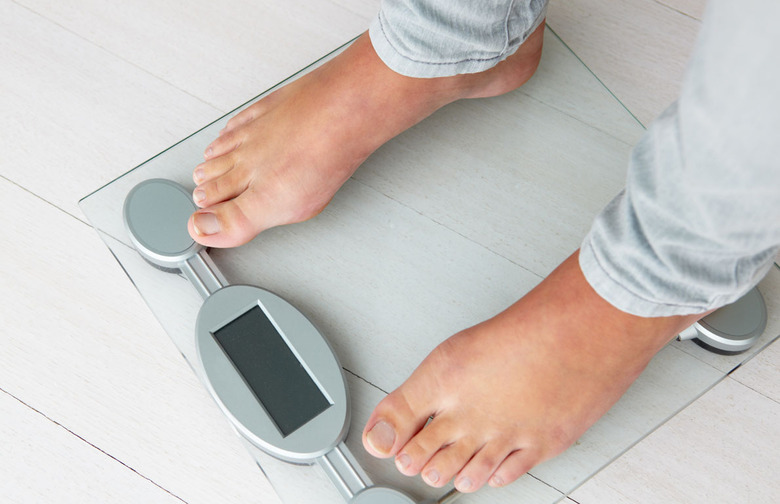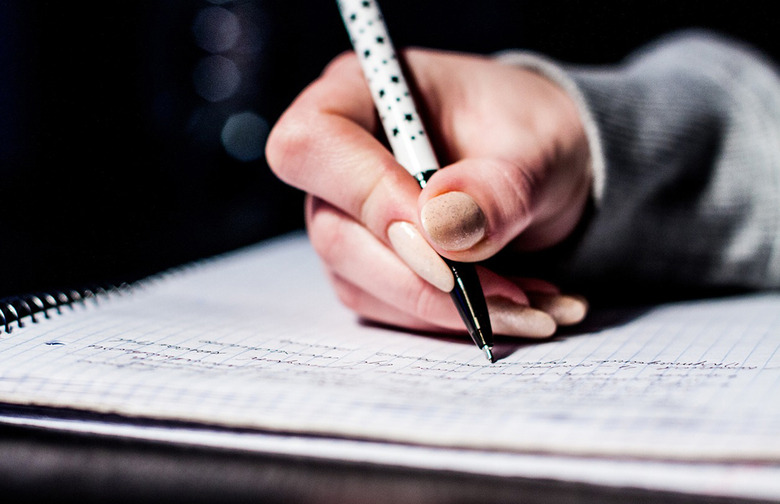What Overeating Does To Your Body Slideshow
Overeating can happen intentionally or unintentionally. It usually leaves you feeling sluggish and regretting the last few bites of your meal. With Thanksgiving approaching —a holiday where we are likely to overindulge — it's important to know the side effects of overeating and how to prevent it from happening. Whenever you sit down for a meal, be aware of how you feel and how you want to feel after you consume the meal. Foti provided The Daily Meal with valuable information on overeating and overeating prevention.
Damage: Emotional Distress
Despite the rush you experience when you let yourself indulge, guilt seems to follow when your stomach starts to hurt. "Short term effects can be both emotional and physical," Foti said. "Emotional effects include feeling guilty or sad about the poor food choices being made."
Damage: Extra Work for the Stomach
"Consuming too much food too fast can result in extra work load for many organs including the stomach and intestinal tract," Foti said. "Your stomach is a muscle lining that can stretch and contract fairly easily. This gives us the ability to handle large volumes of food at once." When your stomach stretches, it takes more food to make you feel full.
Damage: Storing Energy as Fat and Weight Gain
Overeating every once in a while may not seem like a problem, but if it happens several times a week, it can have an impact. "In the long term, your body will continue to store excess energy as fat causing you to gain weight rather quickly," Foti said.
Damage: Extra Work for the Pancreas
"Your pancreas has to also work harder to release more insulin – causing a rapid fat deposit mechanism," Foti said. "Overeating simply causes your body to store excess energy as fat."
Damage: Risk of Diseases
By overeating high-fat and high-sugar foods, you put yourself at risk for chronic disease. Foti said that once you gain weight from overeating, the risk is high of developing type 2 diabetes and heart disease.
Damage: Risk of Bad Habit Development
We are creatures of habit and doing something repeatedly encourages similar behavior. "Overeating on a regular basis also puts you at risk of developing this as a habit," Foti said. "Habitual overeating can be a difficult behavior to change and cause you to become overweight or obese."
Recovery: How to Bounce Back
"The best way to bounce back emotionally is to forgive yourself and learn from it," Foti said. "Understand why it is you're overeating and start consciously practicing healthy eating behaviors."
Prevention: Be Accountable
"The best way to start this change is to get some support and accountability," Foti said. "Food journaling is a great way to have accountability and become mindful of your food choices. If you find overeating to be a difficult habit for you to change, working with an expert like a dietitian can help give you the support and guidance you need."
Prevention: Listening to Hunger Cues
"Most individuals have lost the ability to sense and listen to hunger cues," Foti said. "Rather than physical hunger telling us when and how much to eat, we learn to listen to other cues like time of day, stress, social settings, and food availability. Be mindful of your food choices. Make sure you are not distracted during your meals, use all your senses, and take your time."
Prevention: Slowing Down
"Overeating is also commonly seen with eating too quickly or eating while distracted," Foti said. "There are many steps to the eating process and missing one or progressing too quickly through the phases can cause your brain to miss out on the signals that tell us when we're full. Simply slowing down and focusing on your meal is sometimes enough to sense and be able to listen to physical hunger cues again."










